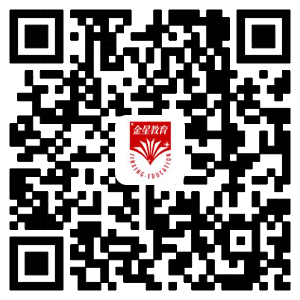with除表示“和”“与……一起”“具有”“带有”等义外,还可表示原因或伴随,意为“因为”“由于”“随着”等。英语中只有它和它的反义词without才能接复合宾语,即在其宾语后加上作宾补的形容词、副词或非谓语动词等。如:
He often sleeps with the windows open. 他常开着窗睡觉。
He stood before his teacher with his head down. 他低着头站在老师面前。
She said good-bye with tears in her eyes. 她含着眼泪说了声再见。
He fell asleep with the lamp burning. 他没熄灯就睡着了。
All the afternoon he worked with the door locked. 整个下午他都锁着门在房里工作。
With so many people to help us, we are sure to finish it in time. 有这么多人帮忙,我们一定能按时完成。
注:with的反义词without也有类似用法。如:
Without anyone to help, how can we go on? 没有人帮忙,我们怎么能进行下去?
They debated for hours without a decision being taken. 他们争论了几个小时,也没作出决定。
Without anyone noticing, he slipped through the window. 无人注意,他从窗户溜了出去。
